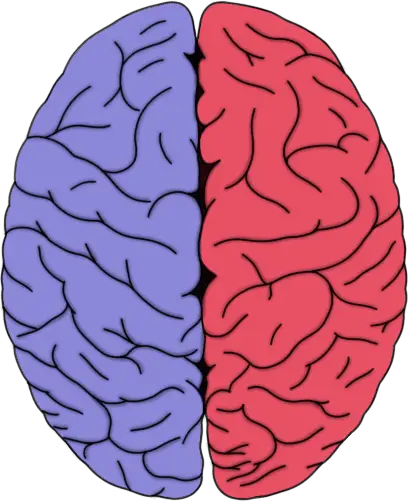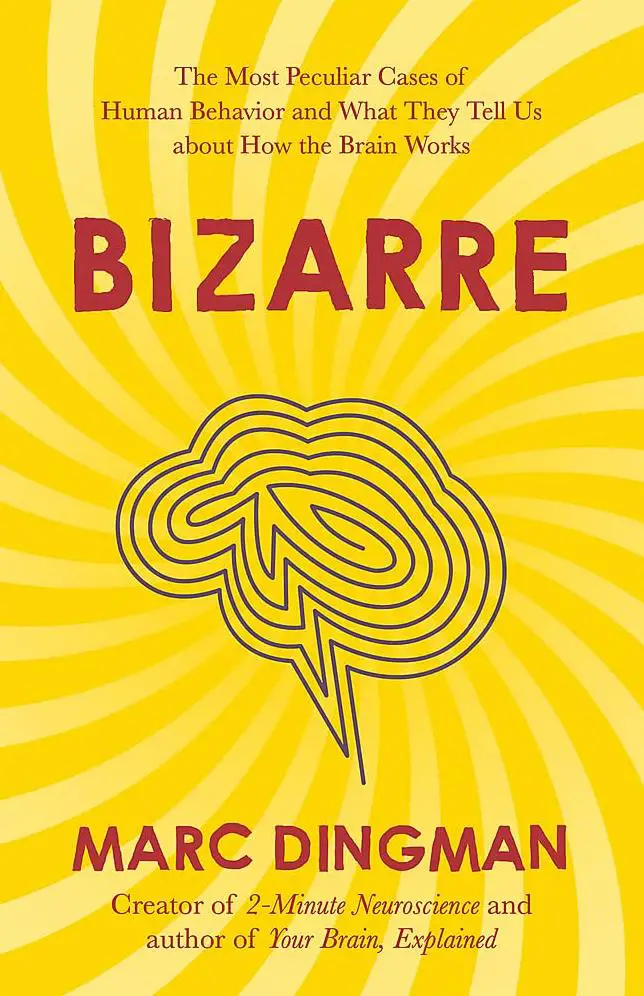Nature vs. Nurture in Depression
It seems the nature vs. nurture debate has cooled from a fiery argument to some mild bickering over the details (although make no mistake, they are important details). Most scientists today will accept the statement that neither nature nor nurture can be considered solely responsible for one’s behavior, rather it is some combination of both. Just how much each factor contributes to that end product, however, is the detail that continues to be debated. Personally, I have always appreciated the analogy of a virtuoso musician playing an instrument. When you hear the music she creates, you cannot say that either the musician or the instrument is solely responsible for it. Take away either one and you are left with silence. In a similar (but much more complex) way, our genes and environment are both responsible for who we are.
A study conducted by Gerald Haeffel and colleagues at the University of Notre Dame attempted to investigate depression while taking both genes and environment into consideration. It has long been thought that dopamine may play a role in depression. In fact, a specific gene has been identified that encodes for a dopamine transporter (removes excess dopamine from the space between communicating neurons, or synaptic cleft), and a certain variety (or allele) of this gene has been correlated with depression. Haeffel studied 177 male adolescents from a Russian juvenile detention facility. They were given a depression assessment, a questionnaire designed to determine their mothers’ parenting style, and tested for the specific dopamine transporter gene previously implicated in depression. The results showed that neither cruel mothering patterns, nor the dopamine transporter gene alone predicted depression. A combination of both, however, resulted in a higher risk for depression and suicidal tendencies.
This study is groundbreaking not only because it is the first to support the theory of a dopamine transporter gene in depression, but also because it represents a modern understanding of the interaction of nature and nurture. As scientists like Haeffel begin to more frequently use a combination of genetic and environmental experimental designs, we will inevitably gain a much deeper, and more accurate, understanding of human behavior.


